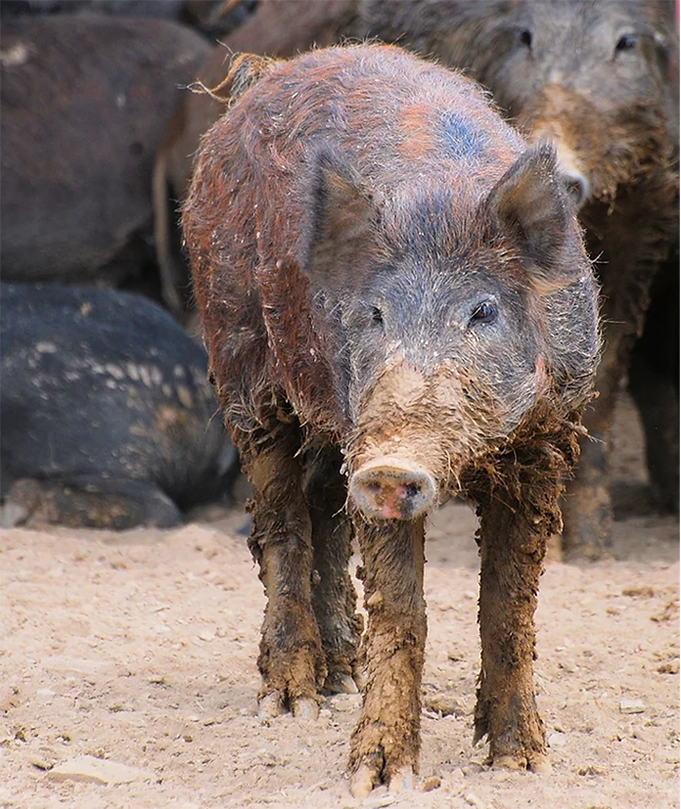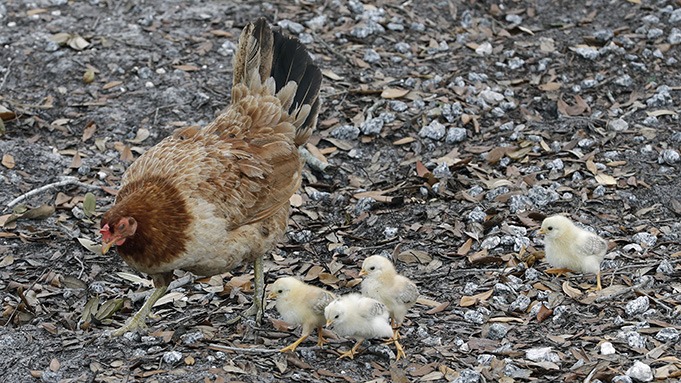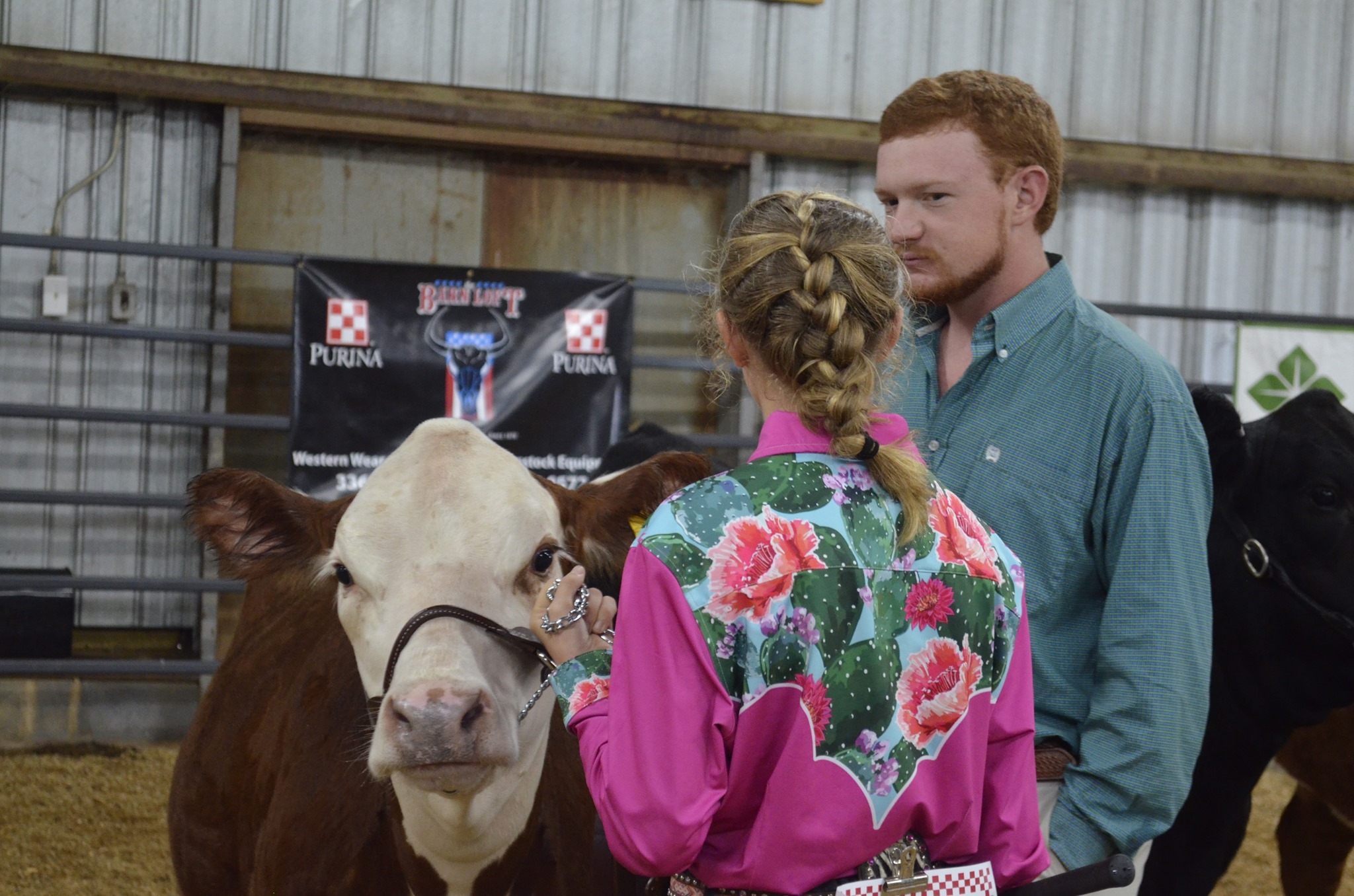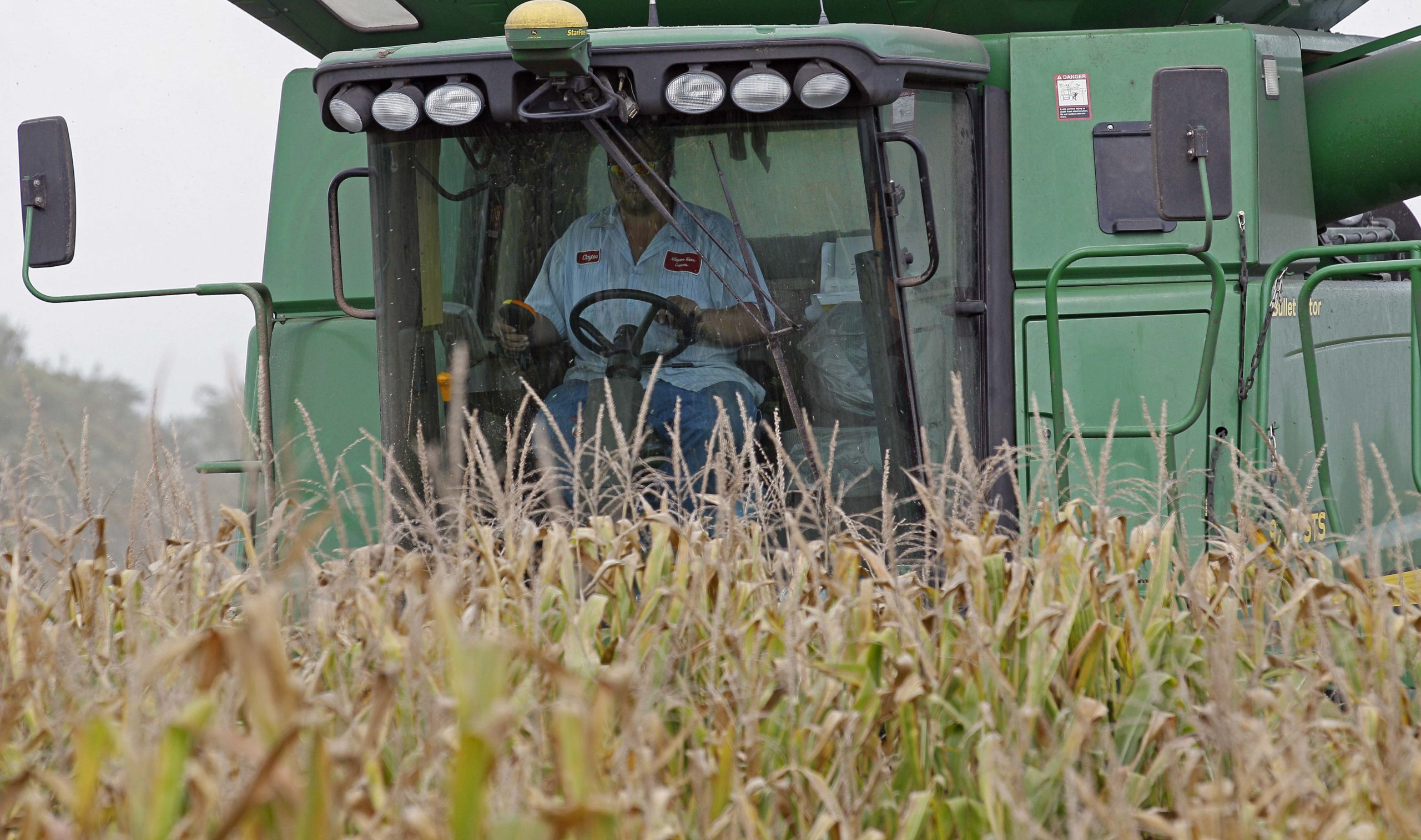
ASHEBORO — For years, feral swine populations have been growing across the United States and can now be found across North Carolina. Randolph County will play a critical role in helping eliminate feral swine in N.C. thanks to a new program targeting the animals in Randolph and five other counties.
The destruction feral swine cause is a significant threat to agriculture and the environment and costs $1.5 billion in damages annually in the U.S. Known as feral swine, feral hogs, or wild hogs — these animals have few natural predators, which allows them to spread unfettered without human intervention.
While signs of their presence can often be found, it’s unlikely you will see one in Randolph County due to their current low population. However, in a proactive effort to monitor the spread in our county and the surrounding area, state and federal agencies are working together to understand the feral swine problem in N.C. and to take action to remove them from the landscape. The North Carolina Feral Swine Task Force received $2.6 million in grants this year to combat the threats to humans, agriculture, and property.
“We are excited about the development of real solutions to help our state’s feral swine problem,” said Agriculture Commissioner Steve Troxler in a release announcing the programs. “Although these initial grants focus on six counties, the ultimate goal is the development of strategies that can be implemented statewide.”
Because of North Carolina’s position as a top commercial hog-producing state, the threat of feral swine is high. Feral swine and domestic swine are the same species, which means they can be infected by the same diseases. Pasture-raised pigs, non-confined domestic swine and other outdoor swine practices can increase the risk of feral swine transmitting diseases. Since feral swine roam freely, they can contaminate accessible feed and water sources meant for domestic swine.
North Carolina launched a pilot program in Sampson County this summer due to the county’s significant population of feral swine and the amount of recent crop damage. An additional grant — the Five County Feral Swine Trap Grant — seeks to identify and trap feral swine in Anson, Davie, Haywood, Montgomery and Randolph.
“The grant money funds traps and drones to help farmers and landowners find and remove feral swine from their property,” said Mike Mayes, program coordinator for NCDA&CS Veterinary Division. “A few years ago, Commissioner Troxler told us he was getting calls from farmers about their problems with feral swine on their property. We were directed to find solutions and this is part of that solution.”
The feral swine trapping project in Randolph County is available at no cost to landowners. The goals of the program include equipping landowners with traps, taking blood samples to test for diseases carried by the hogs, and reporting of feral swine sightings, damage, and harvest.
Landowners can request assistance from the program at https://www.ncferalswine.org/five-county-trap-loan-application or by calling 336-318-6000.
Blake Szilvay is a Field Crops Agent with the North Carolina Cooperative Extension – Randolph County Center.



